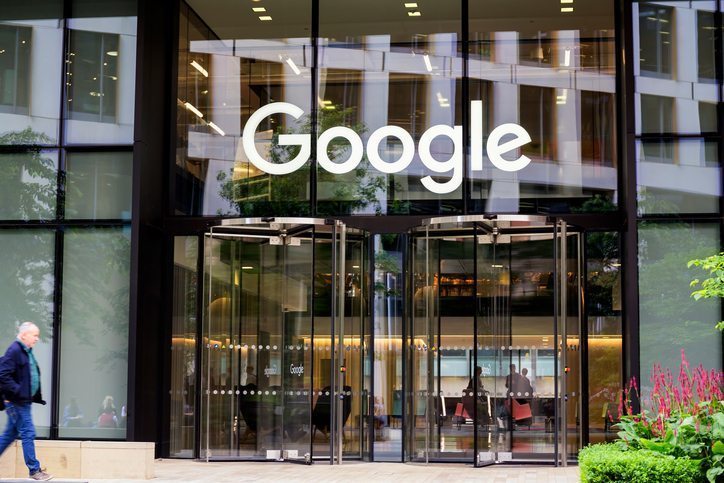
Since Google first arrived on the Web, it has undergone hundreds of algorithm changes. Some have been barely noticeable, while other Google algorithm changes transformed the online landscape overnight. Throughout it all, SEO has continued to evolve, supporting marketing best practices for online business.
Let’s look at six of the most influential Google algorithm changes to date:
1 Panda
Panda penalizes duplicate or plagiarized content. It also attacks “thin” content, such as what you might find on a smaller affiliate marketing website. By consistently posting robust new content and avoiding duplication of content from other websites, you can avoid much of Panda’s wrath. When first released, it destroyed dozens of then-prominent “content farms.”
2 Penguin
Penguin is a real-time adjustment to the Google algorithm that monitors websites for manipulative practices, such as “black hat” link building. To dodge Penguin problems, keep an eye on your link portfolio and use the Google Disavow Tool to eliminate untrustworthy backlinks. Penguin has been essential to halting spammy automated link building strategies.
3 Hummingbird
Hummingbird is the omnipresent update that allows Google to interpret queries and deliver related content even if specific keywords from the query are not used in the content. While keywords are still valuable, semantic variations and related topics can be used more freely. This allows for more organic approaches to content development.
4 Pigeon
Pigeon is the update that famously launched local search into the stratosphere. It delivered a range of functionality to provide relevant, timely local searches based on the user’s location, making it more crucial for traditional brick and mortar businesses to focus on local ranking signals. Pigeon means mobile “near me” searches are more competitive and value than ever.
5 Mobile
After months moving toward a mobile-first approach, the April 2015 Mobile update began prioritizing mobile-friendly sites for the top ranks of mobile-based queries – while significantly penalizing sites that did not offer a responsive experience for mobile users. Successful e-commerce sites must be ready to produce a convenient experience on smartphones, tablets, and laptops.
6 RankBrain
RankBrain is a complex machine learning system that helps Google serve related content using query-specific ranking factors – you can think of it as Hummingbird on steroids. Although the details remain elusive, relevance and comprehensiveness of content are essential. As more facts come to light, SEOs will be challenged to update their methods yet again.
With Google’s continuous evolution, the SEO playing field is always changing. Luckily, the immense analytical power of the digital marketing community – combined with no small measure of tenacity – empowers businesses to grow and adapt. Consistency, content, and customer-focus are guiding principles that will never go out of style on the Web.

